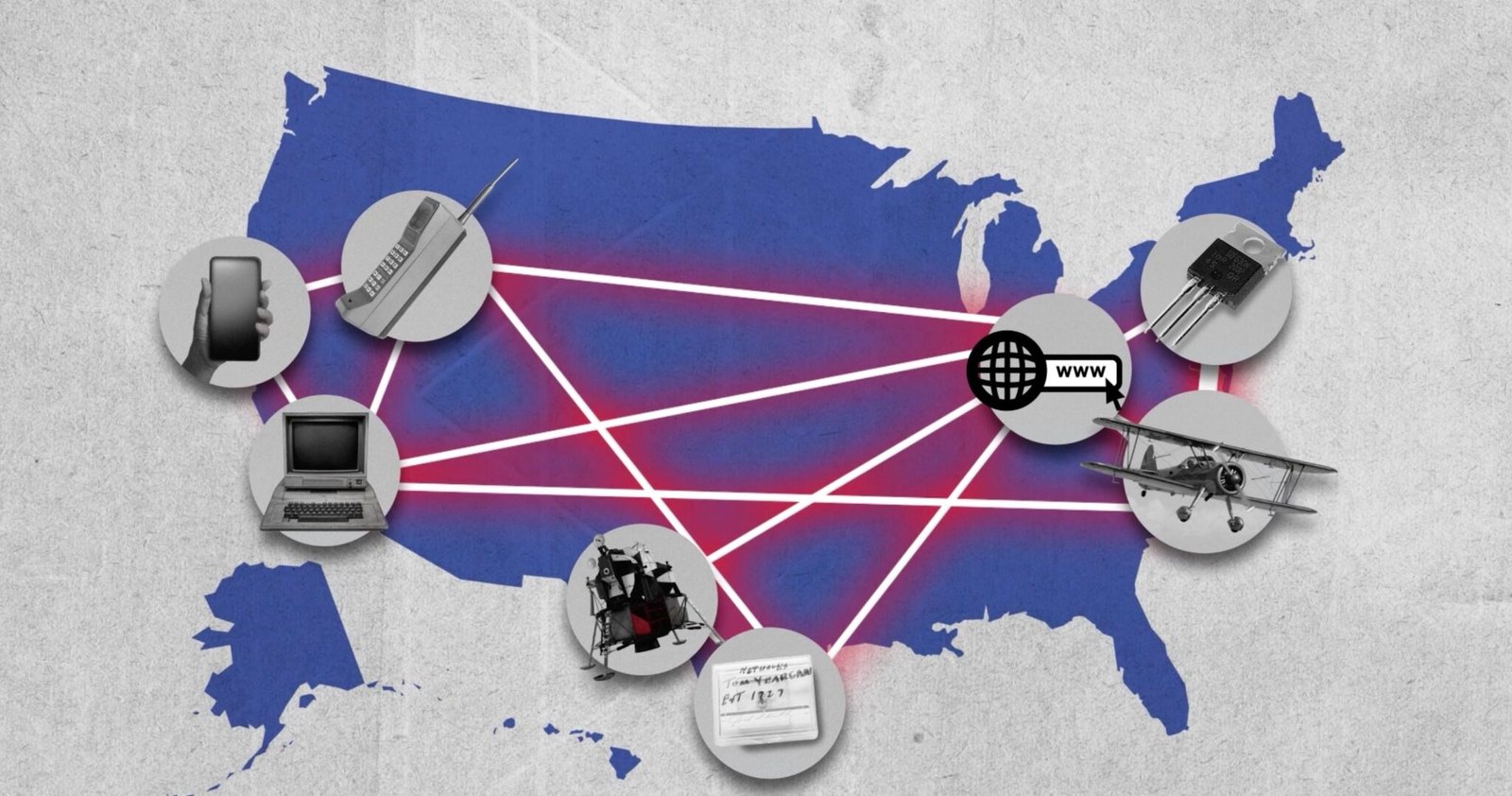For years, global concerns about the internet revolved around data surveillance—the pulling of information by intelligence agencies or tech firms. But today, the anxiety has shifted to a new, more dangerous frontier: being cut off entirely from vital networks and services by U.S. tech companies.
In June 2025, Microsoft reportedly blocked the email access of ICC Chief Prosecutor Karim Khan, following U.S. sanctions. Khan had indicted Israeli PM Netanyahu for war crimes, sparking geopolitical shockwaves. The action reignited a long-simmering fear among global institutions: What happens when U.S. tech firms act as geopolitical weapons?
The implications were chilling. The ICC, backed by 125 states and based in the EU, found itself locked out of a service it depended on—signaling that digital infrastructure, once trusted as neutral, could now be wielded as a coercive tool.
Microsoft, GitHub, and the Weaponization of Access
This isn’t the first time U.S. companies have taken such action. In 2019, Microsoft-owned GitHub cut off Iranian users, citing U.S. sanctions. While legal, the move highlighted the fragility of access in a tech landscape dominated by U.S. firms. Such precedents, combined with surveillance leaks by Edward Snowden in 2013, have fueled a growing sense that U.S. control over infrastructure is a national security threat to others.
The Trump administration’s aggressive sanctions regime further worsened trust. European allies, threatened with tariffs and data cutoffs, began to view tech platforms not as global commons but as instruments of American influence—subject to the whims of Washington politics.
Private institutions, public agencies, and entire governments now rely heavily on a U.S. tech stack for cloud storage, collaboration, and critical communication. That dependency has become an unacceptable risk.
Kill Switch Shield: Europe’s Fight for Autonomy
In response, governments are pursuing bold countermeasures. Denmark, for instance, is replacing Microsoft Office tools with open-source alternatives, asserting digital self-reliance. Meanwhile, initiatives like EuroStack aim to build an independent tech ecosystem—free from U.S. control.
The emerging strategy is dubbed the “Kill Switch Shield”—a pivot from code-based trust (like Privacy Shield) to infrastructure-based control. The idea is to eliminate vulnerabilities where a single foreign company or government can shut down core services.
Microsoft, in a bid to regain trust, has promised legal resistance to any U.S. order that would compel them to disable services abroad. But critics say the damage is done. Governance mechanisms alone are no longer trusted. The infrastructure itself must be de-Americanized, or at least diversified.
A Democratic Reckoning: From Tech Dependence to Citizen Power
Beneath these debates lies a deeper political question: Who controls digital power?
European policymakers now argue that true democracy requires public control over communication platforms, not corporate monopolies or foreign governments. This moment is seen as an opportunity to reshape digital governance—not just to protect infrastructure, but to restore democratic agency.
But there’s a warning embedded in this effort. As states reclaim power from tech giants, there’s a risk of authoritarian misuse. The challenge ahead lies in distributing that power transparently, through new laws, citizen oversight, and democratic institutions.
If the internet was once a tool of global connection, it is now a battlefield of sovereignty. The “Kill Switch Shield” is not just a policy—it’s a call for digital independence in an increasingly fragmented world.



